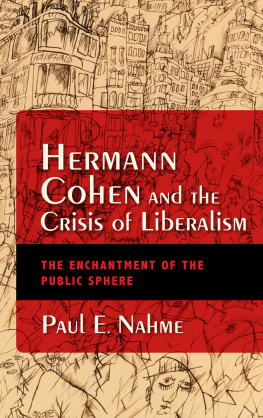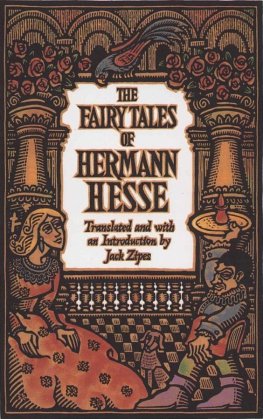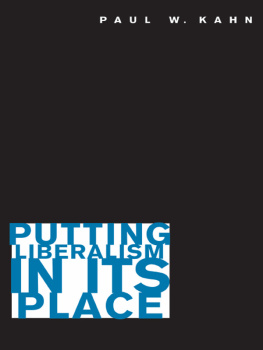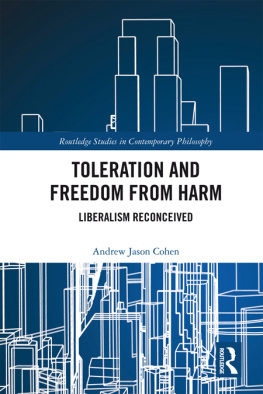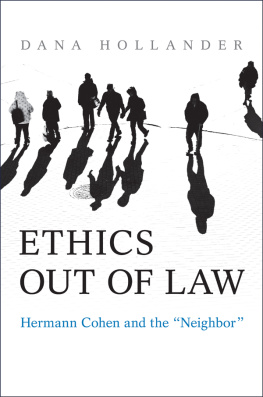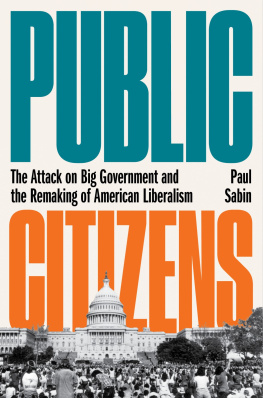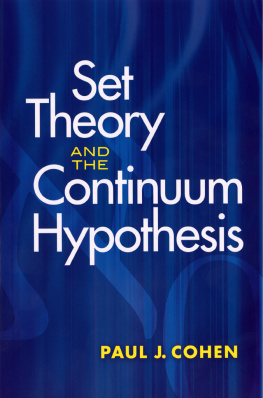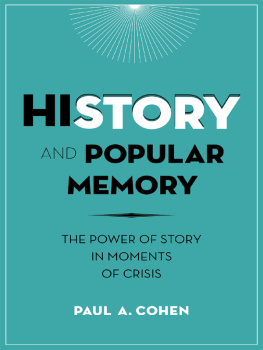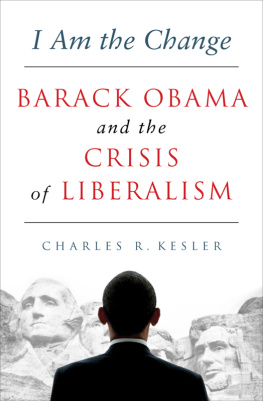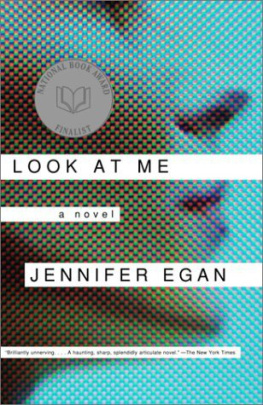Paul Egan Nahme - Hermann Cohen and the Crisis of Liberalism
Here you can read online Paul Egan Nahme - Hermann Cohen and the Crisis of Liberalism full text of the book (entire story) in english for free. Download pdf and epub, get meaning, cover and reviews about this ebook. year: 2019, publisher: Indiana University Press, genre: Religion. Description of the work, (preface) as well as reviews are available. Best literature library LitArk.com created for fans of good reading and offers a wide selection of genres:
Romance novel
Science fiction
Adventure
Detective
Science
History
Home and family
Prose
Art
Politics
Computer
Non-fiction
Religion
Business
Children
Humor
Choose a favorite category and find really read worthwhile books. Enjoy immersion in the world of imagination, feel the emotions of the characters or learn something new for yourself, make an fascinating discovery.
- Book:Hermann Cohen and the Crisis of Liberalism
- Author:
- Publisher:Indiana University Press
- Genre:
- Year:2019
- Rating:5 / 5
- Favourites:Add to favourites
- Your mark:
- 100
- 1
- 2
- 3
- 4
- 5
Hermann Cohen and the Crisis of Liberalism: summary, description and annotation
We offer to read an annotation, description, summary or preface (depends on what the author of the book "Hermann Cohen and the Crisis of Liberalism" wrote himself). If you haven't found the necessary information about the book — write in the comments, we will try to find it.
Hermann Cohen and the Crisis of Liberalism — read online for free the complete book (whole text) full work
Below is the text of the book, divided by pages. System saving the place of the last page read, allows you to conveniently read the book "Hermann Cohen and the Crisis of Liberalism" online for free, without having to search again every time where you left off. Put a bookmark, and you can go to the page where you finished reading at any time.
Font size:
Interval:
Bookmark:
TABLE OF CONTENTS
Werke | Hermann Cohen, Hermann Cohens Werke, ed. H. Holzhey, 17 vols. (New York: G. Olms, 1978). |
KS 16 | Hermann Cohen, Hermann Cohens Werke, Kleinere Schriften, vols. 1217 of Werke, 6 vols. |
KBE | Hermann Cohen, Kants Begrundung der Ethik (Berlin: F. Dmmler, 1877; repr. in Werke 2). |
LrE | Hermann Cohen, System der Philosophie, Erster Teil: Logik der reinen Erkenntnis (Berlin: Bruno Cassirer, 1902; repr. in Werke 6). |
ErW | Hermann Cohen, System der Philosophie, Zweiter Teil: Ethik des reinen Willens (Berlin: Bruno Cassirer, 1904; repr. in Werke 7). |
JS 13 | Hermann Cohen, Hermann Cohens Jdischen Schriften, vols. 13, ed. Bruno Strauss with an introduction by Franz Rosenzweig (Berlin: C. A. Schwetschke & Sohn/Verlagsbuchhandlung, 1924). |
RoR | Hermann Cohen, Religion of Reason: Out of the Sources of Judaism, trans. Simon Kaplan (Atlanta, GA: Scholars Press, 1995). |
THIS WAS NOT AN EASY book to write, and its author was not a particularly easy person to be around while doing so. Yet writing this book has been an emphatically social endeavor. It has been isolating and lonely at times but also provided the basis for cultivating meaningful friendships through intense conversation and thoughtful critique. Much like reading Cohen, therefore, it has been a frustratingly difficult and infinitely rewarding experience.
I owe thanks to so many more people than I could name here, but I want to express heartfelt gratitude to my friends and familyit is difficult to express in writing how much I owe to you and to those not listed here, so I hope this serves as a shortened list of folks to whom hugs are due.
First and foremost, I owe everything to the only legitimate Sovereign, the Holy One, who is blessed and merciful.
My love and appreciation to the friends Ive made along the way who have inspired and challenged me to think ever more deeply: Rebecca Bartal, Shira Billet, Fannie Bialik, Sam Brody, Yoni Brafman, Sarah Imhoff, Matt King, Tim Langille, Ari Linden, Hannah Polin-Galay, and Justin Stein.
The Department of Religious Studies at the University of Kansas provided me with an incredibly warm and welcoming home when I first began this project. I am grateful to the colleagues and friends I made while there. Thanks to Jacquelene Brinton, Bill Lindsey, Tim Miller, Paul Mirecki, Hamsa Stainton, Dan Stevenson, Molly Zahn, and Michael Zogry for being wonderful colleagues.
Since coming to Brown, my colleagues in Religion and Critical Thought have been incredible conversation partners. I have learned an immense amount from Steve Bush, Mark Cladis, Tal Lewis, and Andre Willis, and their intellectual community has been indispensable. Thanks to Nancy Khalek for her mentorship and friendship; to Saul Olyan for his wisdom, support, and encouragement. To Dan Vaca for conversation and friendship. Thanks to my wonderful colleagues, who have helped make Brown an intellectual home: Rutie Adler Ben-Yehuda, Shahzad Bashir, Nathaniel Berman, Mary Gluck, Susan Harvey, Bonnie Honig, David Jacobson, Maud Mandel, Jason Protass, Rachel Rojanski, Michael Satlow, Adam Teller, Janine Sawada, Hal Roth, and Larry Wills.
Various chapters were presented in different venues. My thanks to the wonderful conversation partners I have had over the years I was writing this book, including James Diamond, John Efron, and Daniel Weiss. I am grateful for the number of opportunities to present chapters and pieces of this project in workshops, conferences, and public lectures. In particular, I want to thank Adam Shear, who hosted me at the University of Pittsburgh; Leora Batnitzky and Shira Billet for inviting me to a conference on Spinoza and Cohen at Princeton; Mark Roseman for inviting me to Indiana; and Elli Stern for inviting me to present some work at Yale, as well as to all those who participated and provided helpful feedback.
This book began as a dissertation project and probably would never have been completed were it not for the guidance, support, and direction of my teacher, David Novak. For taking a chance on a kid who shouldnt have made it to university and for encouraging me to flourish in the pursuit of difficult thinking, my unending thanks are due to him. He has been a true model of Menschlichkeit. My deepest thanks go to Bob Gibbs for introducing me to Cohens system and for doing so with both philosophical rigor and humanity and for inspiring me to find in Cohens thought a guide to understanding ethical and political problems of today; to Paul Franks for his precise reading and encouragement; to Ken Green for helping me sharpen my arguments about Cohen and liberalism. To Benjamin Pollock for pushing me to provide a broader contextual account of what was at stake in Cohens thought.
I owe a great deal to my teachers at the University of Toronto in the Department for the Study of Religion, who taught me how to balance a commitment to concepts and to the people on whose lives those concepts have an impact, to balance the theoretical, the historical, and the anthropological. My sincere thanks to Joseph Bryant, Anver Emon, Pamela Klassen, Ruth Marshall, and Amira Mittermaier.
Many thanks to Eli Sacks for patiently reading multiple drafts of the book in various manifestations and for being a constant source of inspiration, critique, and encouragement. My deepest thanks to Fannie Bialek for being a true friend, always present philosophically and who helped me reimagine the opening chapters. Thanks to Molly Farneth for helpful comments and suggestions on an early version of . Ari Linden helped me rethink some translations and did so at the drop of a hat. My deepest thanks; all mistakes that remain are my own. Thanks to Elizabeth Berman for indispensable research assistance. My sincere thanks to Josh Kurtz for his keen sense of the written word, careful eye, and soulful insight; his assistance in the later stages of this book was invaluable.
My thanks to Aubrey Pomerance and to the Akademie of the Jewish Museum of Berlin for allowing me access to their library and rare books collection. Portions from early drafts of the introduction and appeared in a different form in the journal Modern Theology.
Martin Kavka and Randi Rashkover have been incomparable mentors, whose insight has helped me see this project through to its present form. Martins mentorship and willingness to read, think, and give of his time, intellectual, and emotional support in such selfless ways has made me a better thinker and a more responsible pedagogue. Randis penetrating and masterful command of the life of the concept has pushed me to be more explicit and to make thinking more ethical.
Shaul Magid has been a source of support and encouragement. With great wit and soul, he has helped me think deeper about what Jewish identity can and cannot mean.
Zak Braiterman has been an incredible supporter of this project, and my thanks are due to him for conversations that helped finesse the final manuscript. Dee Mortensen has been an incredible guide through the publication process and her patience, insight, and encouragement have been incomparable. Thank you.
Brauna, absolutely everything that I am today, without you I could never have become. My infinite thanks for your patience, wisdom, insight, guidance, and love. I just dont have the words to say all that needs to be said.
To my dearest Elias, Benjamin, and Clara: I cant tell you how happy I am to be able to play Legos, read books, and hang out now that this book is finished. My endless love to you. Nothing else in this world matters more than you.
Next pageFont size:
Interval:
Bookmark:
Similar books «Hermann Cohen and the Crisis of Liberalism»
Look at similar books to Hermann Cohen and the Crisis of Liberalism. We have selected literature similar in name and meaning in the hope of providing readers with more options to find new, interesting, not yet read works.
Discussion, reviews of the book Hermann Cohen and the Crisis of Liberalism and just readers' own opinions. Leave your comments, write what you think about the work, its meaning or the main characters. Specify what exactly you liked and what you didn't like, and why you think so.

